DePaul students receive Covid-19 booster shots, no guidance from university yet
When Covid-19 booster shots became approved for everyone 18 and over, DePaul students were quick to get their hands on it. Meanwhile, the DePaul administration highly encouraged students to receive their Covid-19 booster before returning for winter quarter.
The CDC authorized the Johnson & Johnson (J&J), Pfizer and Moderna vaccine boosters yesterday for all US adults. Adults who have gotten Pfizer and Moderna at least six months ago and J&J recipients at least two months ago are now eligible for their respective boosters
However, J&J recipients do not have to specifically receive the J&J booster, they can also receive both Moderna and Pfizer vaccines as well. Experts recommend that those who received Pfizer and Moderna continue to receive their respective shots.
Sixty percent of Illinois’ population is fully vaccinated against Covid-19. As winter break approaches, students may travel to states with lower vaccination rates compared to Chicago.
On a poll taken via Instagram for DePaul students, out of the 46 that answered, 44 said they would receive their booster shot while only 2 reported they had no plans to unless DePaul would mandate it.
DePaul mandated all on campus students receive and submit vaccination proof for the fall quarter during Spring 2021. The university recommended students get their boosters but has yet required it to return in the winter. However, on campus residents may be required to submit a negative test before returning.
Despite lack of promotion, students are taking it upon themselves to seek their booster shots. Liam Elsea, a freshman at DePaul said he received it to protect those he loved
“There’s not a mask mandate in southern Indiana, so everyone’s walking around with their masks off and there’s a lot of unvaccinated people,” he said. “So, I just want to be extra safe when I go home and visit my grandparents and so I’m not putting them at risk either.”
Pharmacies like Walgreens and Target are distributing vaccine boosters at no cost to recipients. Elsea said he was able to set up an appointment online and there “was pretty much no waiting time.”
Updates about Covid-19 booster shots have been making national headlines. There was discussion about whether the vaccines would need a booster after they were authorized, according to DePaul health sciences professor Craig Klugman.
“What we are doing is learning how long vaccination lasts, and when we might need to stimulate the body again,” Klugman said. “Three shots will likely be the norm for the foreseeable future.”
Rather than seeing the booster as an additional shot, Klugman explains that we should view it as part of the vaccination series.
“Really the term booster is a misnomer, because it’s not really a booster it’s really a third shot in the series or in the case of [J&J] the second shot in the series,” Klugman said.
Health sciences undergraduate student Lesly Arenas said she researched more about the booster before deciding to receive it.
“I decided to go and do more research about it because that was what I’ve been doing since Covid started,” Arenas said. “I just saw that the results were getting a lot better, and I felt like I could just trust them honestly.”
Both Elsea and Arenas said that they believed the booster could help promote public health in their communities.
“It makes you more resistant, it also protects the people who are immunocompromised and can’t get the vaccine,” Elsea said. “It helps prevent you from getting symptoms and then you’re not taking up an extra spot in the hospital for someone who really needs it, and they couldn’t actually have gotten the vaccine because they’re immunocompromised.”
However, public hesitancy is still preventing people from getting the vaccine. Arenas said that it’s important to create a community-based approach to informing people about the vaccine.
“Having that community based and spreading accurate information to people within your community, that’s like a great start,” she said. “I feel like a lot because it’s just better to hear information from people you trust.”
She also mentioned that in Spanish speaking communities it would be helpful to eliminate a language barrier as well.
The booster is critical to immunity as Covid-19 has created new variants , some even present in Chicago which could also affect whether the shot would be needed annually.
“It could, however, end up being more like flu, and that’ll depend a lot on mutation rate,” Klugman said. “So, if this is something that mutates on the level of flu, which is every couple of months, then we will all be getting annual boosters to [Covid-19].”
DePaul has not announced whether they will mandate students receive the booster to be on campus. Klugman said that DePaul would be within their rights to do so.
“I don’t know what decisions are being made,” Klugman said. “Nobody’s filled me in on that. But [DePaul] will certainly be in their right to do that.”
In the past, DePaul held vaccine clinics for students and faculty to receive flu and Covid-19 vaccines.
“It’s just free and they’re offering it,” Elsea said. “I have to ask you why [DePaul] shouldn’t, you know?”
DePaul also requires students to receive boosters for shots like tetanus and submit their updated records. If not, students cannot register for in person classes.
Arenas said that the vaccine mandate was an essential aspect of her returning to campus, and she would expect DePaul to mandate the third shot as well.
“I think it would be really unintelligent of DePaul to not mandate the third vaccine,” she said. “DePaul is too big and expensive an institution. It knows the beneficence of the vaccine and booster and it would just kind of be ignorant to ignore all that research.”
DePaul cited receiving the vaccine as part of their Take Care DePaul campaign for students to get vaccinated because, “we know the threat of COVID-19 will not completely disappear before we convene in the fall,” per an Instagram post DePaul made when announcing their original mandate.
“It’s not just your health at this point,” Arenas said. “You’re risking a lot of people at the same time and that’s why we need everybody to be on the same page. We’re just not.”


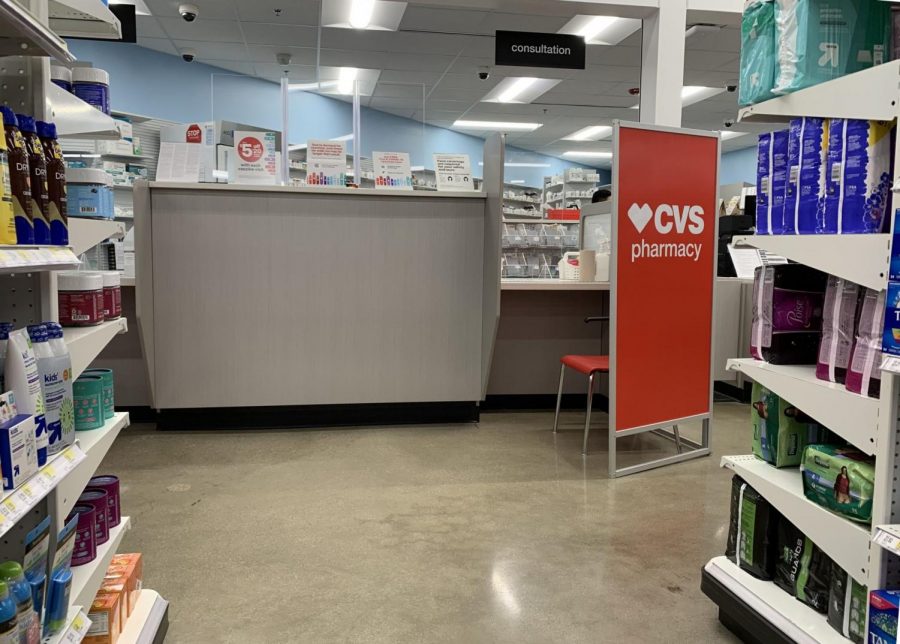


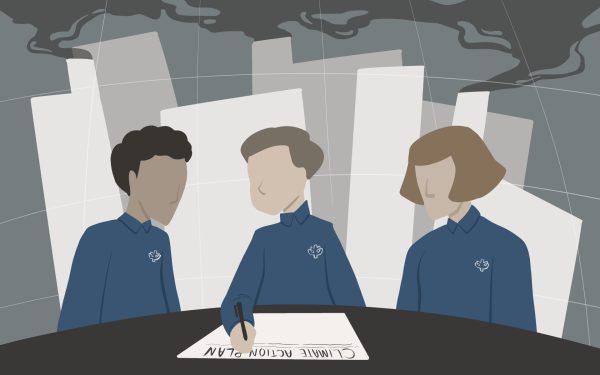
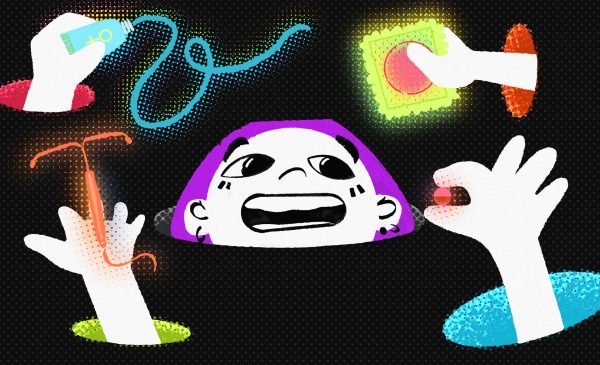
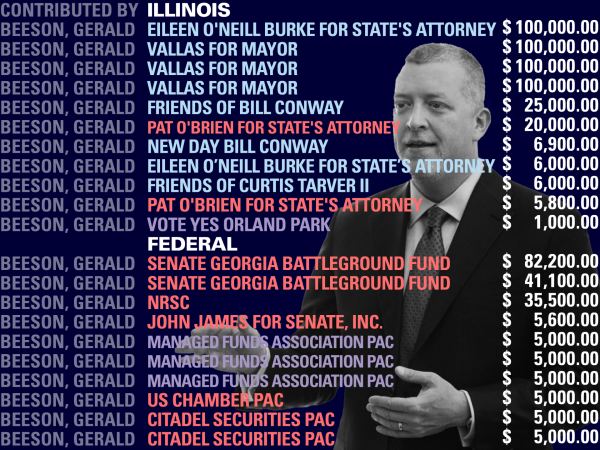
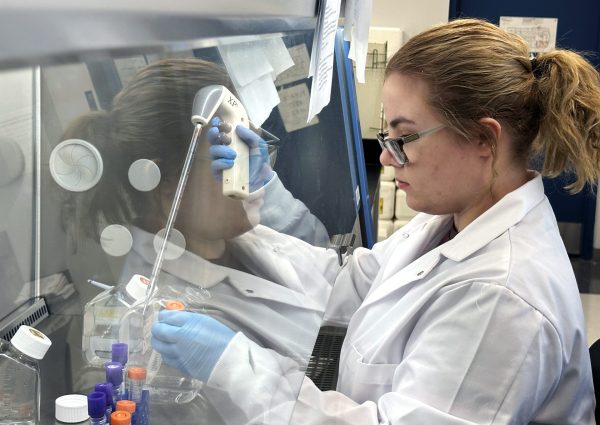
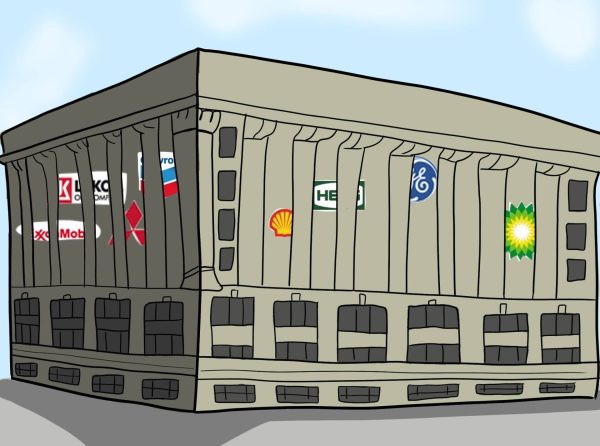
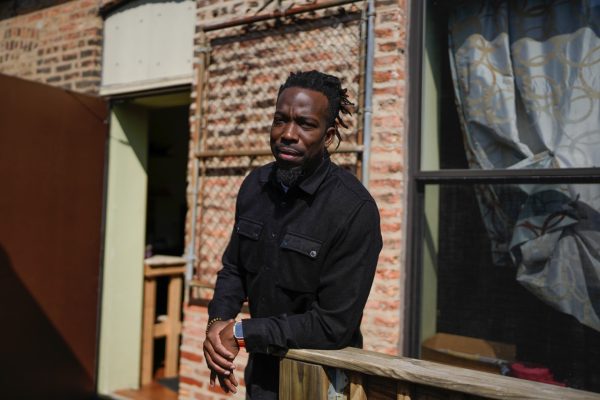
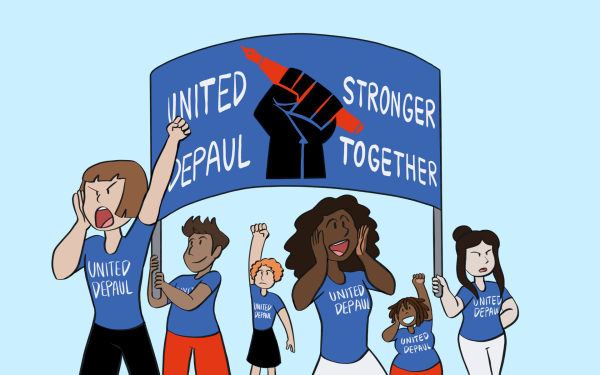
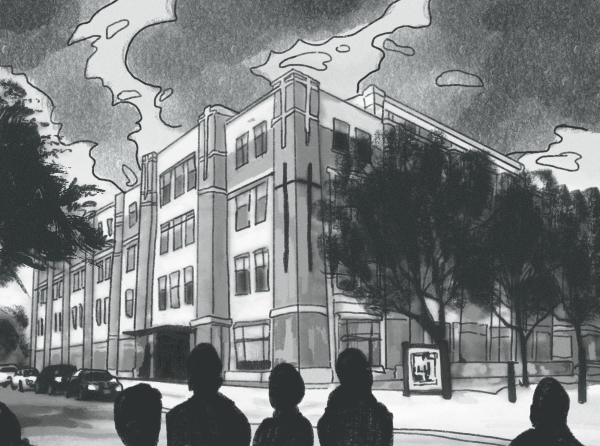
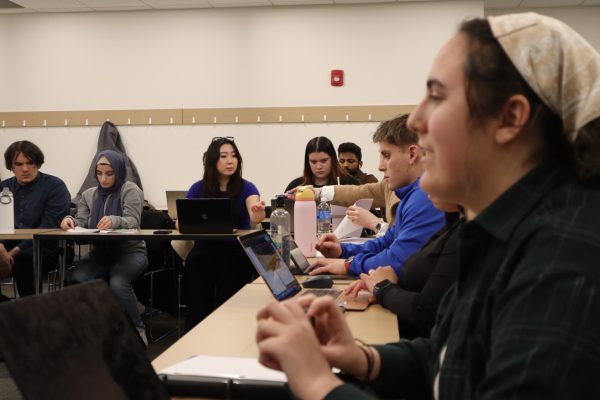
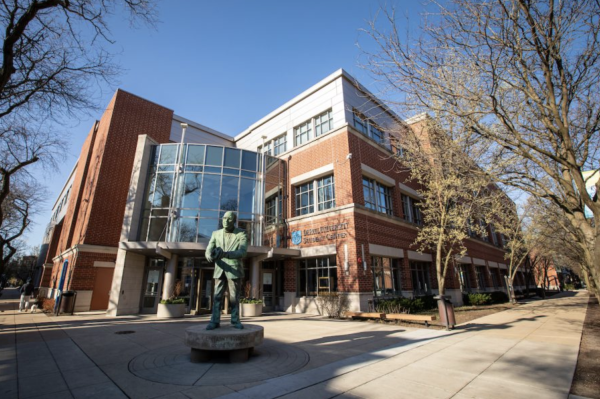
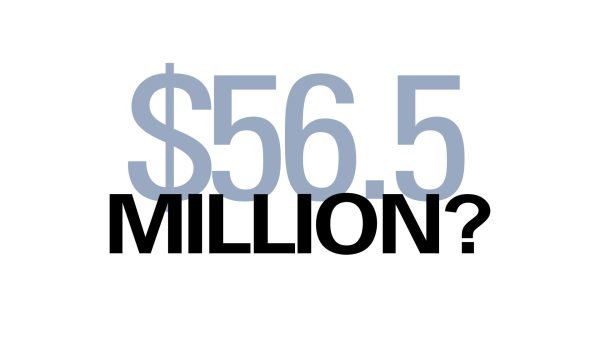
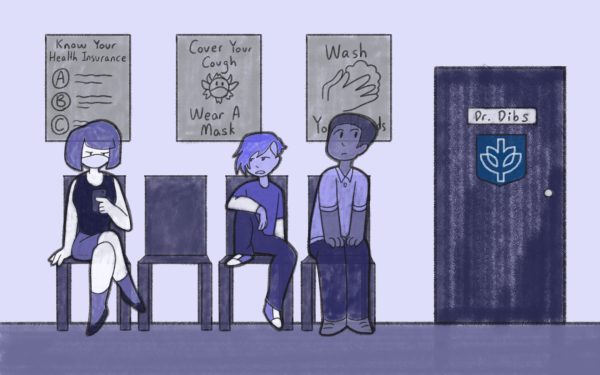
Jillian Anderson • Dec 14, 2021 at 8:48 am
Stop shoving the vaccine up everyones butt. Whatever happened to ‘if you want a vaccine, you can get one.” The dumbocrat libtards are now forcing it even though covid is basicly a 98 percent survival rate.